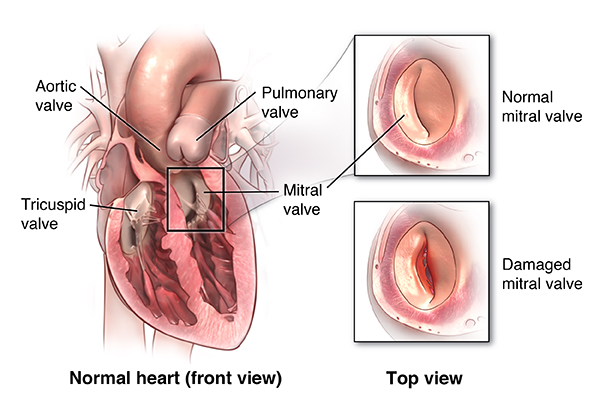Mitral Valve Replacement
Canada
-
Our Price USD 24871
-
Hospital Price USD 26180
-
You Save : USD 1309
Booking Amount: USD 2487. Pay Remaining 90% at the hospital.
Book NowAdditional Credit
Among the important extras we offer as part of the Additional Credit are the following:
-
Site Tourism For The Patient & Attendant
-
Airport Pick & Drop Service
-
Ambulance service at airport
-
Priority appointments with The Doctor
-
Cancel Easily Anytime with Full Refund
-
Room Upgradation
-
Free Online Doctor Consultation Valued at USD 20
-
Free hotel Stay for 5 to 7 days Accordingly
-
Welcome Kit at Arrival
-
Interpreter
-
Medical Visa Assistance
What is Included?
- Doctor consultation charges
- Lab tests and diagnostic charges
- Room charges inside hospital during the procedure
- Surgeon Fee
- Cost of implant
- Nursing charges
- Hospital surgery suite charges
- Anesthesia charges
- Routine medicines and routine consumables (bandages, dressings etc.)
- Food and Beverages inside hospital stay for patient and one attendant.
What is not Included?
- Extra Radiology Investigations
- Healthcare Professionals Charges of other consultations.
- Other Requested Services such as Laundry etc.
- Additional Pharmaceutical Products and Medicines After Discharge from Hospital.
- Management of Conditions Unrelated to Procedures or Pre-Existing.
- The cost of any additional implants will be in addition to the package cost.
Package Description
Mitral Valve Replacement
Mitral valve regurgitation or stenosis may need mitral valve replacement surgery. Valve replacement is commonly performed as an open-heart procedure. Another alternative might be less invasive surgery.
You and your doctor will select which type of valve is best for you before having valve replacement surgery. General anaesthesia is used during valve surgery. A big incision is made in your chest by your doctor. During the procedure, you'll be hooked up to a heart-lung machine. A heart-lung (cardiopulmonary bypass) machine circulates blood outside the body and adds oxygen to it. The heart may be chilled to slow or halt the beating to preserve the heart muscle from harm during surgery to replace the heart valve. An artificial heart valve is used to replace the damaged mitral valve. The broken valve is removed and replaced with a new valve that is stitched in place.
Disease Overview:
Ischemic heart disease:
Your heart gets blood, oxygen, and nourishment through the coronary arteries. Plaque development in these arteries can restrict them, reducing blood flow to the heart. Reduced blood flow can eventually lead to angina (chest discomfort), shortness of breath, and other signs and symptoms of coronary artery disease.
Signs and Symptoms:
- Pain in the neck or jaw.
- Pain in the shoulder or arm.
- A rapid heart rate.
- When you are physically engaged, you may have shortness of breath.
- Nausea and vomiting are common side effects.
- Sweating.
- Fatigue.
Disease Causes:
- Coronary heart disease runs in the family.
- Hypertension is the medical term for elevated blood pressure.
- cholesterol levels are elevated.
- obesity.
- Diabetes mellitus is a kind of diabetes.
- renal illness that has progressed to the terminal stage.
- Amyloidosis is a disease in which aberrant proteins accumulate in the tissues and organs of the body, including the blood vessels.
Disease Diagnosis:
- An EKG is a type of electrocardiogram (ECG). The electrical activity of your heart is recorded by electrodes placed to your skin.
- A stress test was conducted.
- Echocardiogram.
- An echocardiography is a test that measures the heart's response to stress
- A nuclear stress test has been performed.
- Angiography of the coronary arteries.
- CT scan of the heart.
Disease Treatment
Coronary artery disease is generally treated with a combination of lifestyle modifications, medicines, and medical procedures.
Changes in your way of life
Making the following healthy lifestyle adjustments will help promote healthier arteries:
- Stop smoking.
- Consume nutritious foods.
- Exercise on a regular basis.
- Get rid of the extra pounds.
- Reduce your stress levels.
- Stent implantation and angioplasty (percutaneous coronary revascularization
A long, thin tube (catheter) is inserted into the narrowed section of your artery by your doctor. The constricted region is reached by passing a wire with a deflated balloon via the catheter. After then, the balloon is inflated, forcing the deposits against the artery walls.
A stent is frequently left in the artery to keep it open. The majority of stents deliver medicine over time to help keep the arteries open.
Bypass surgery for the coronary arteries:
A graft is a conduit from another region of your body that is used to bypass blocked coronary arteries. This permits blood to flow around the coronary artery that is obstructed or constricted. Because it necessitates open-heart surgery, it's usually reserved for patients with numerous constricted coronary arteries.
Information related to Treatment
Package Details
Days in Hospital
8 Days
Days in Hotel
*
15 Days
Room Type
Private

Treating Doctor
Dr. Roland Beaulieu
Cardiologist- Interventional cardiology, Cardiothoracic Surgery, Non Invasive Cardiology, Clinical and preventive cardiology, Clinical cardiology, Preventive Cardiology, Non-invasive and Interventional Cardiology
North York General Hospital Toronto, Canada
Years of Experience
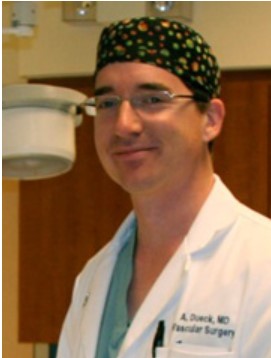
Treating Doctor
Dr. Andrew Dueck
Cardiologist- Interventional cardiology, Echocardiography, Sports cardiology, Preventive cardiology and Cardiac Rehabilitation, Aortic surgery, Endovascular Surgeon, Echo Cardiology, Interventional Cardiologist, Echocardiography, Echocardiography
Sunnybrook Health Sciences Centre Toronto, Canada
Years of Experience
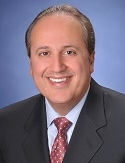
Treating Doctor
Steven Shayani
Cardiologist- Nuclear medicine, Interventional Cardiologist, Cardiovascular Surgery, Structural Heart Disease Interventions
Mount Sinai Hospital Toronto, Canada
35 Years of Experience
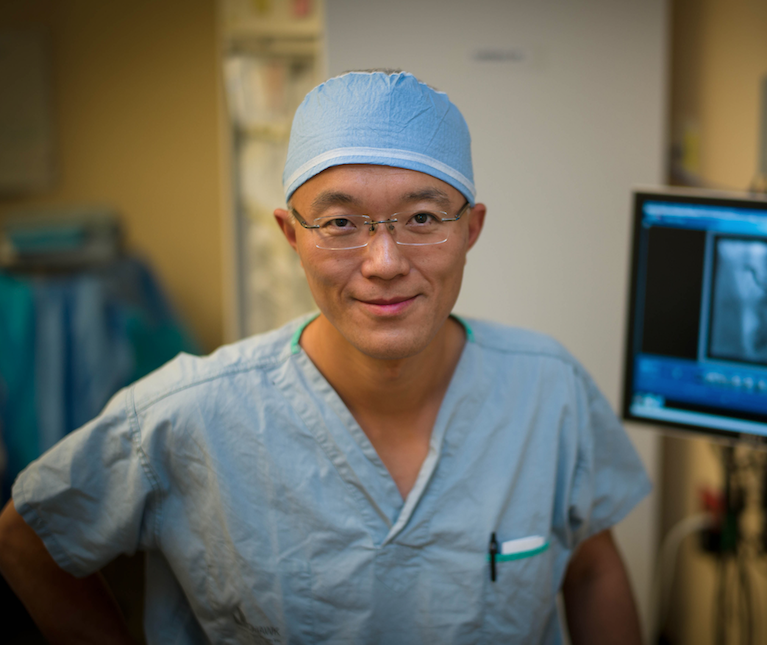
Treating Doctor
DR. FAN VICTOR CHU
Cardiologist- Interventional cardiology, Echocardiography, Electrocardiography, Sports cardiology, Preventive cardiology and Cardiac Rehabilitation, Echo Cardiology, Interventional Cardiologist, paediatric Cardiologist, Non Invasive Cardiology, Clinical and preventive cardiology
MCMASTER UNIVERSITY MEDICAL CENTRE Hamilton, Canada
Years of Experience
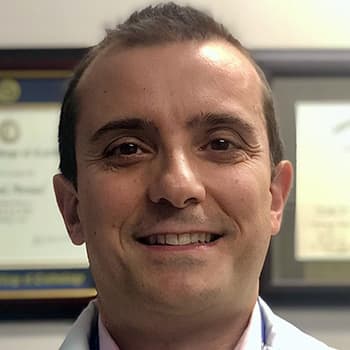
Treating Doctor
Dr. Hani Amad
Cardiologist- Interventional cardiology, Electrocardiography, Sports cardiology, Pediatric Cardiology, Echo Cardiology, Interventional Cardiologist, Non Invasive Cardiology
Toronto Western Hospital Toronto, Canada
Years of Experience

Treating Doctor
Dr. Robert Bauer
Cardiologist- Interventional cardiology, Electrocardiography, Sports cardiology, Preventive cardiology and Cardiac Rehabilitation, Echo Cardiology, Interventional Cardiologist, Non Invasive Cardiology
Humber River Hospital Toronto, Canada
Years of Experience
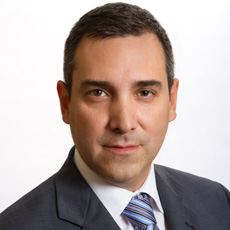
Treating Doctor
Dr. Diego Hernan Delgado
Cardiologist- Interventional cardiology, Echocardiography, Electrocardiography, Sports cardiology, Preventive cardiology and Cardiac Rehabilitation, Echo Cardiology, Interventional Cardiologist
Princess Margaret Cancer Centre Toronto, Canada
Years of Experience
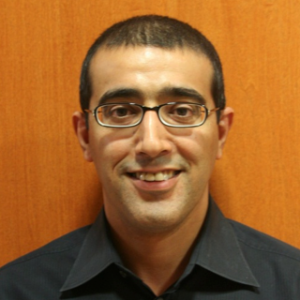
Treating Doctor
Abdul Al-Hesayen
Cardiologist- Coronary Angiography, Hypertension Specialist, Mitral Valve Replacement & Repairs, Cardiac Catheterisation
St Michaels Hospital Toronto Toronto, Canada
Years of Experience

Treating Doctor
Dr. Lawrence Rudski
Cardiologist- Interventional cardiology, Echocardiography, Electrocardiography, Sports cardiology, Preventive cardiology and Cardiac Rehabilitation, Non Invasive Cardiology, Clinical and preventive cardiology
Jewish General Hospital Calgary, Canada
Years of Experience

Treating Doctor
Bruce R. Burke
Cardiologist- Echocardiography, Sports cardiology, Preventive cardiology and Cardiac Rehabilitation, Echo Cardiology, Interventional Cardiologist, paediatric Cardiologist, Non Invasive Cardiology, Clinical and preventive cardiology
The Royal Victoria Hospital (McGill University Health Centre) Montreal, Canada
Years of Experience
Similar Packages
Frequently Asked Questions
Mitral valve replacement is performed in many hospitals throughout Canada. The following is a list of the best hospitals in India for mitral valve replacement, or MVR surgery, for quick reference: 1-The Montreal Heart Institute (MHI) 2-UHN 3-Peter Munk Cardiac Centre - the University Health Network
the average cost of a mitral valve replacement procedure in the Canada amounted to 25,000 USD to 35,000 USD.
It can require a month or two to feel fully restored. Your mitral valve was replaced during surgery, but you should still maintain a healthy weight, take your medication as prescribed, avoid smoking, and eat heart-friendly foods. You might be advised to enrol in a cardiac rehab programme by your physician.

